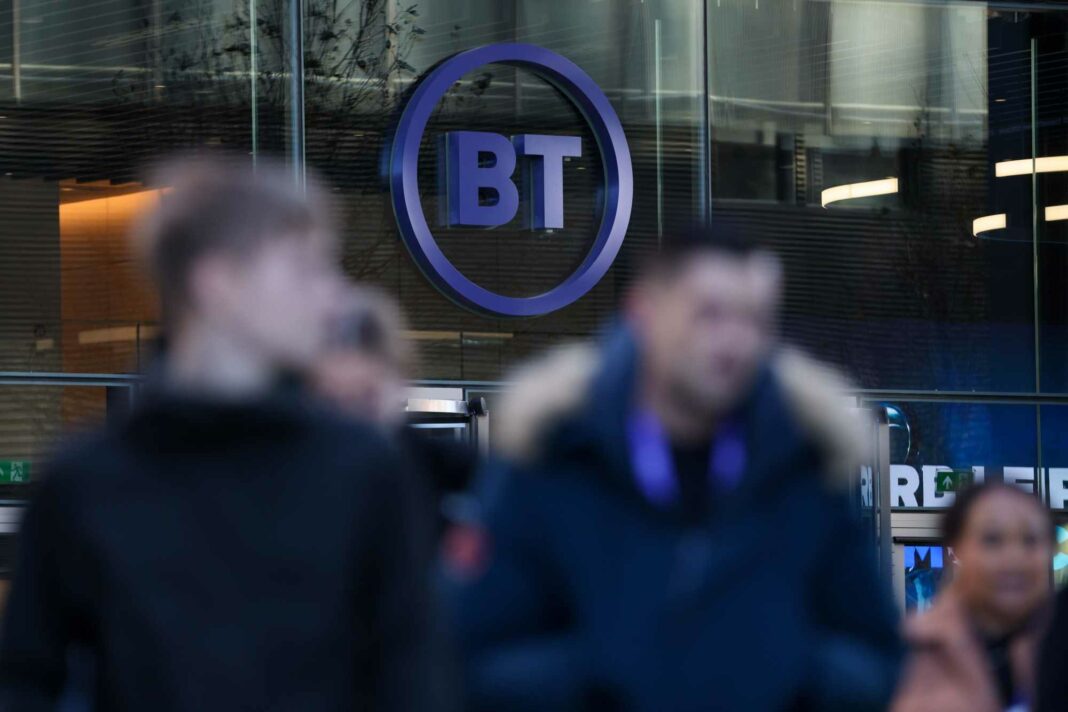As millions of UK telecom billpayers grapple with record-high price increases of up to 17.3% this year, telecom companies’ practice of raising prices mid-contract is facing greater scrutiny from consumer groups and regulators.
These annual increases, which typically add 3.9% to the annualized rate of consumer or retail price inflation, have come under criticism as they take effect mid-contract and are seen as an “extra premium” that could worsen the cost of living crisis.
Natalie Hitchins, head of the home and products and services at consumer rights group Which? argued that there’s “little evidence to justify” the inflation-plus-3.9% model and that it could exacerbate living costs.
Ernest Doku, head of commercial for broadband and mobiles at price-comparison company Uswitch, said this model lacked “data-driven justification.” The Competition and Markets Authority has previously criticized the “anti-consumer” nature of in-contract price rises.
Some analysts suggest that telecom companies are resorting to mid-contract price rises to sustain investments in full-fiber and 5G networks at a time when revenue and earnings growth are weak, causing share prices to decline. Operators’ efforts to generate extra income through these price rises during a period of significant cash investment have been noted by industry experts.
However, British Telecoms (BT) said that its pricing strategy was crucial to managing rising costs and enabling ongoing investments. Virgin Media O2 stated that it applied price increases only to data usage and that an inflation-only metric wouldn’t provide headroom for continued network investment. Three defended its prices as among the most competitive in the market and noted that its latest increase applied only to a small portion of customers who had joined since November 2022.




